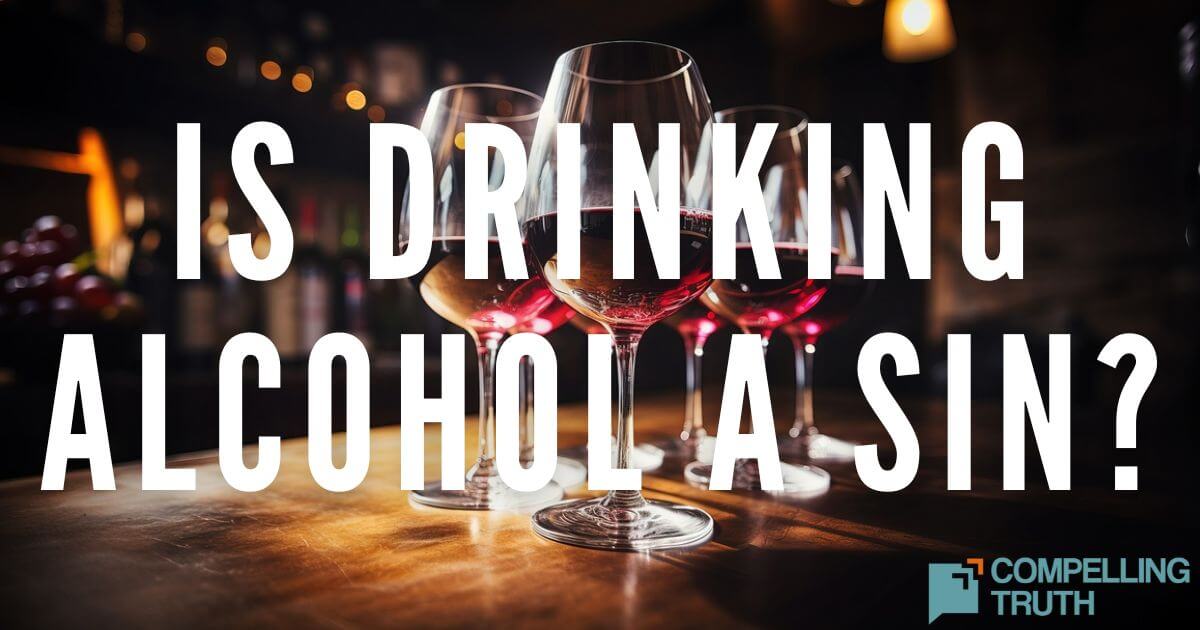Many widely held beliefs—like "God won’t give us more than we can handle" or "asking Jesus into your heart"—are not actually found in the Bible. Some traditions, such as wedding customs or ideas about hell, have cultural roots, rather than biblical ones. Others, like views on slavery, pacifism, and alcohol, require careful interpretation of Scripture, rather than assumptions. Even sayings that sound spiritual can mislead if they're not grounded in biblical truth. Recognizing these misunderstandings invites us to study God’s Word more carefully and live by what it truly says.
When we discover that some ideas we’ve long accepted as biblical aren’t actually in the Bible, it should stir us to become more discerning, thoughtful readers of God’s Word. It’s easy to let tradition, culture, or catchy phrases shape our theology, but God calls us to test everything against Scripture (Acts 17:11; 2 Timothy 3:16–17). Knowing the difference between biblical truth and man-made assumptions helps us grow in spiritual maturity and avoid being misled. It also reminds us to be gracious with others, recognizing that we’re all growing in our understanding. Most importantly, it calls us to a deeper dependence on God’s Word as our authority—not just in what we believe, but in how we live.




